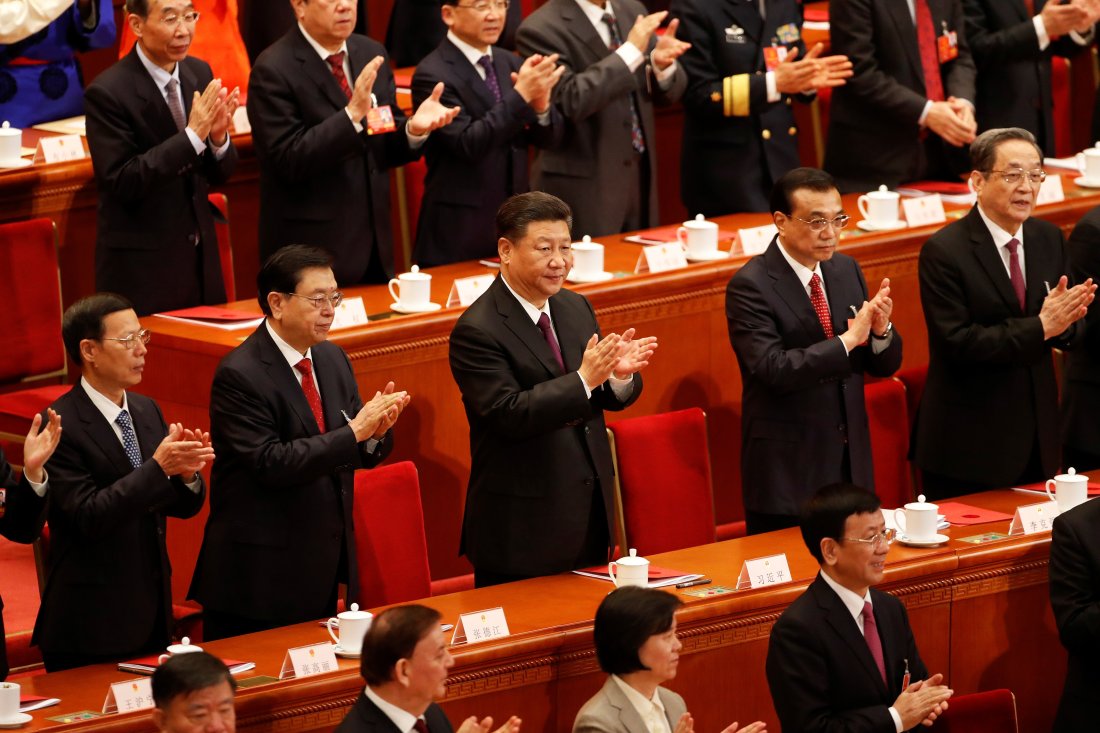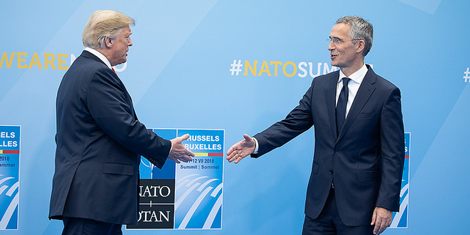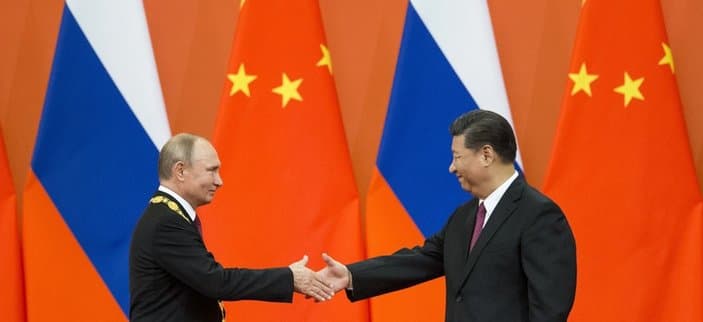By Pankaj Mishra
 In 2015, in South Africa, where Mohandas Gandhi lived from 1893 to 1914, a statue of him was defaced by protesters. The following year, the University of Ghana agreed to remove Gandhi’s statue from its campus, after an online campaign with the (misspelled) hashtag #Ghandimustfall charged the Indian leader with racism against black Africans. Compared with other recent targets of political iconoclasts—stalwarts of the Confederacy and Cecil Rhodes—Gandhi seems an unlikely symbol of racial arrogance. Nelson Mandela claimed that Gandhi’s tactics offered “the best hope for future race relations”; Martin Luther King, Jr., held Gandhi up as a model; decades before that, black activists such as Adam Clayton Powell, Sr., and Benjamin Mays were enthralled by the phenomenon of an Indian leading people of color in the campaign against British colonialism in India. Yet Gandhi’s legacy is no longer secure even in his own country. The Indian Prime Minister, Narendra Modi, cites V. D. Savarkar, a far-right Hindu supremacist who was accused of involvement in Gandhi’s assassination, in 1948, as his ideological mentor. A portrait of Savarkar, who loathed Gandhi for being too soft on minorities, hangs in the Indian Parliament building.
In 2015, in South Africa, where Mohandas Gandhi lived from 1893 to 1914, a statue of him was defaced by protesters. The following year, the University of Ghana agreed to remove Gandhi’s statue from its campus, after an online campaign with the (misspelled) hashtag #Ghandimustfall charged the Indian leader with racism against black Africans. Compared with other recent targets of political iconoclasts—stalwarts of the Confederacy and Cecil Rhodes—Gandhi seems an unlikely symbol of racial arrogance. Nelson Mandela claimed that Gandhi’s tactics offered “the best hope for future race relations”; Martin Luther King, Jr., held Gandhi up as a model; decades before that, black activists such as Adam Clayton Powell, Sr., and Benjamin Mays were enthralled by the phenomenon of an Indian leading people of color in the campaign against British colonialism in India. Yet Gandhi’s legacy is no longer secure even in his own country. The Indian Prime Minister, Narendra Modi, cites V. D. Savarkar, a far-right Hindu supremacist who was accused of involvement in Gandhi’s assassination, in 1948, as his ideological mentor. A portrait of Savarkar, who loathed Gandhi for being too soft on minorities, hangs in the Indian Parliament building.







/arc-anglerfish-arc2-prod-mco.s3.amazonaws.com/public/3WDCEEOZJFHODMWH3X6B7D6WYQ.jpg)
/arc-anglerfish-arc2-prod-mco.s3.amazonaws.com/public/73HWTQMNO5AJTDEYLUXYSNVE2Y.jpg)
/arc-anglerfish-arc2-prod-mco.s3.amazonaws.com/public/SXQZMVE4TNFPNCNESFF7XYSFUM.JPG)

